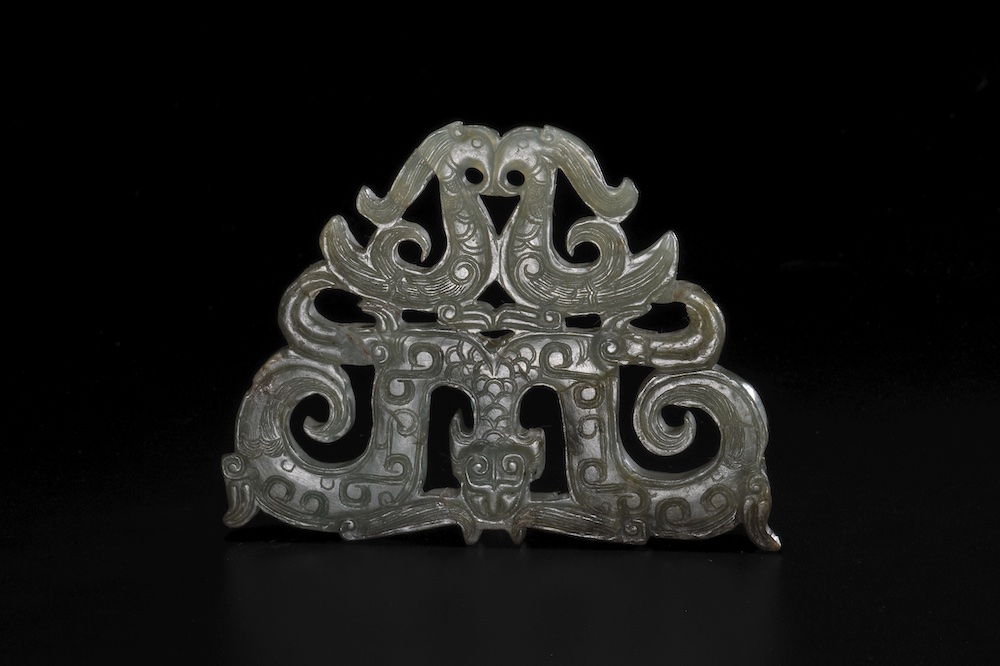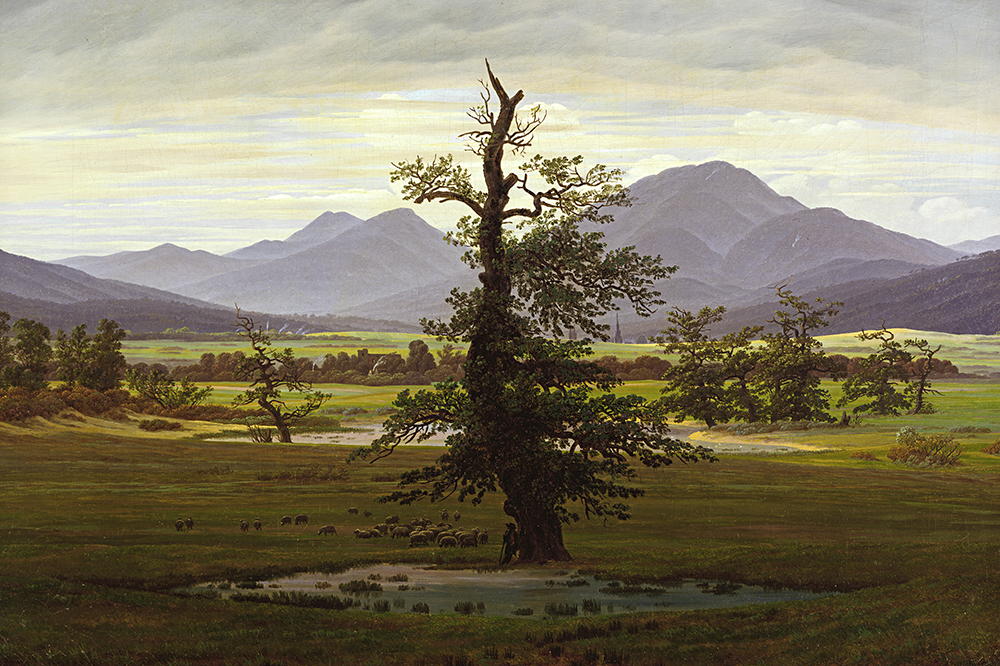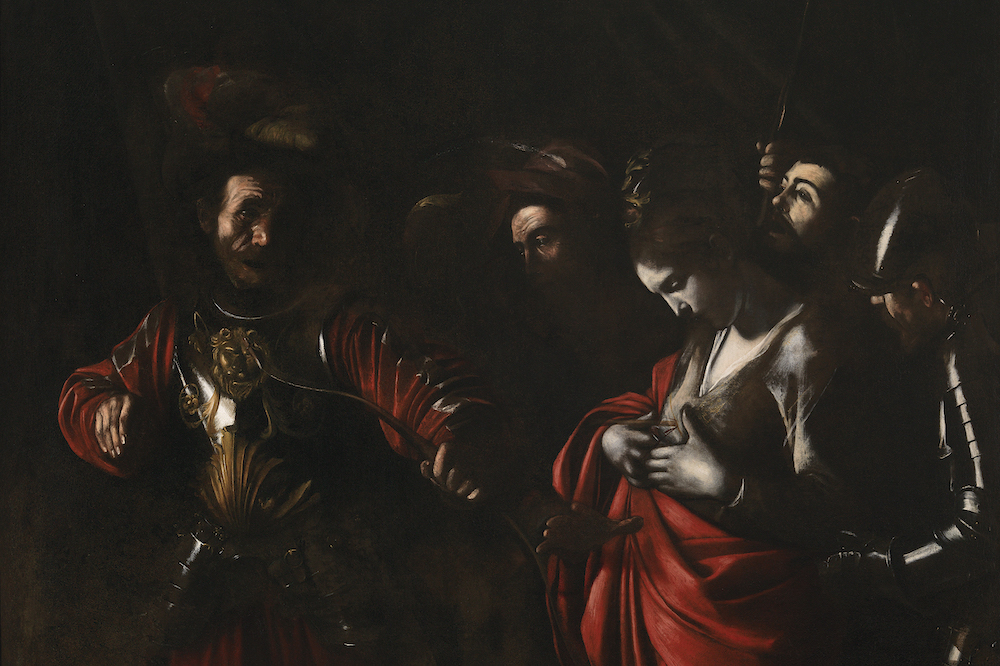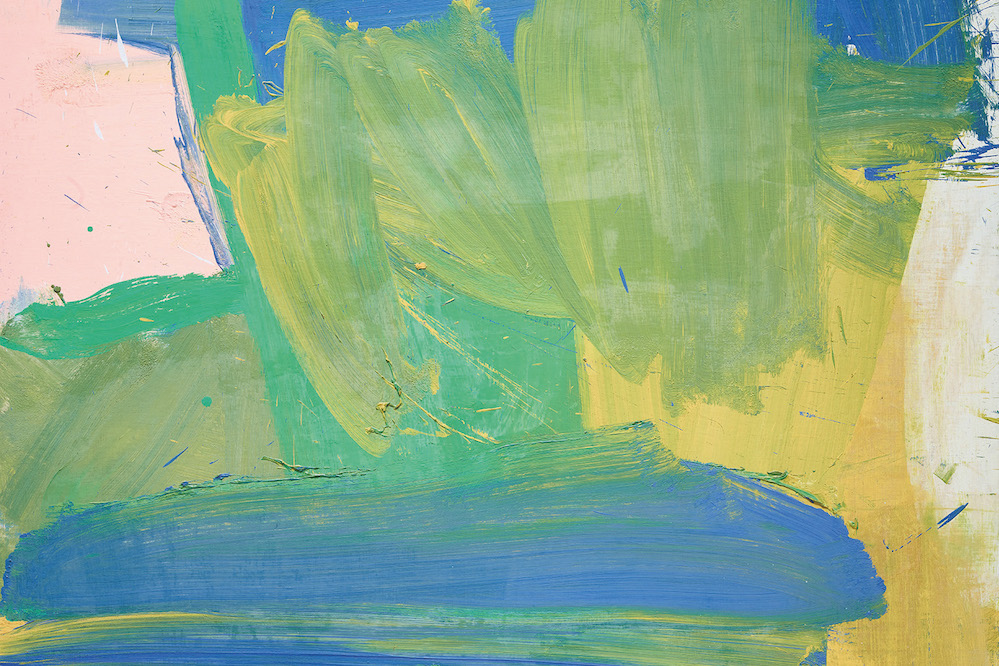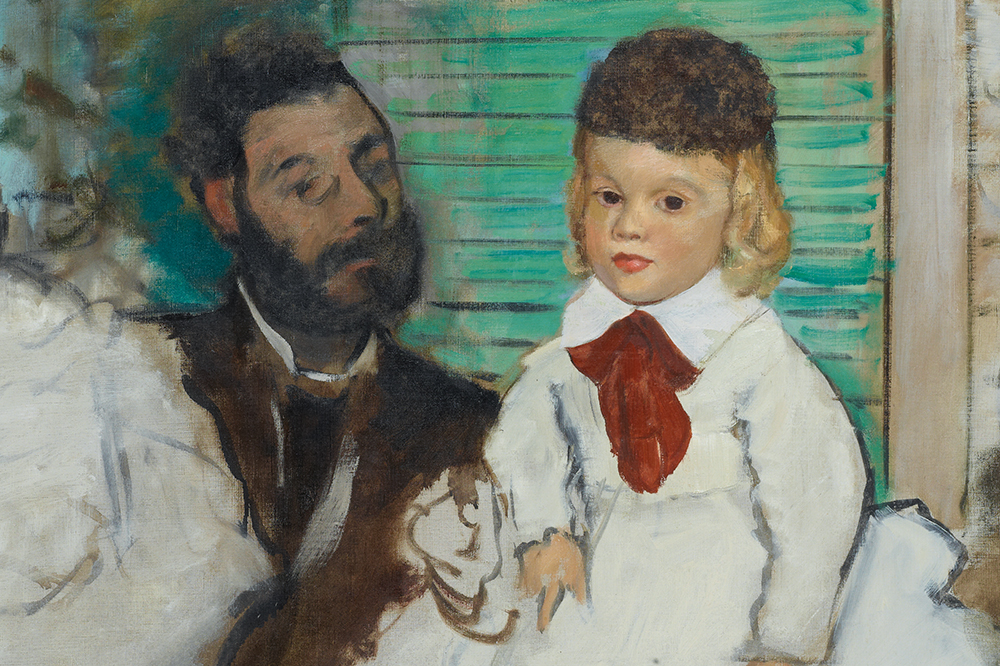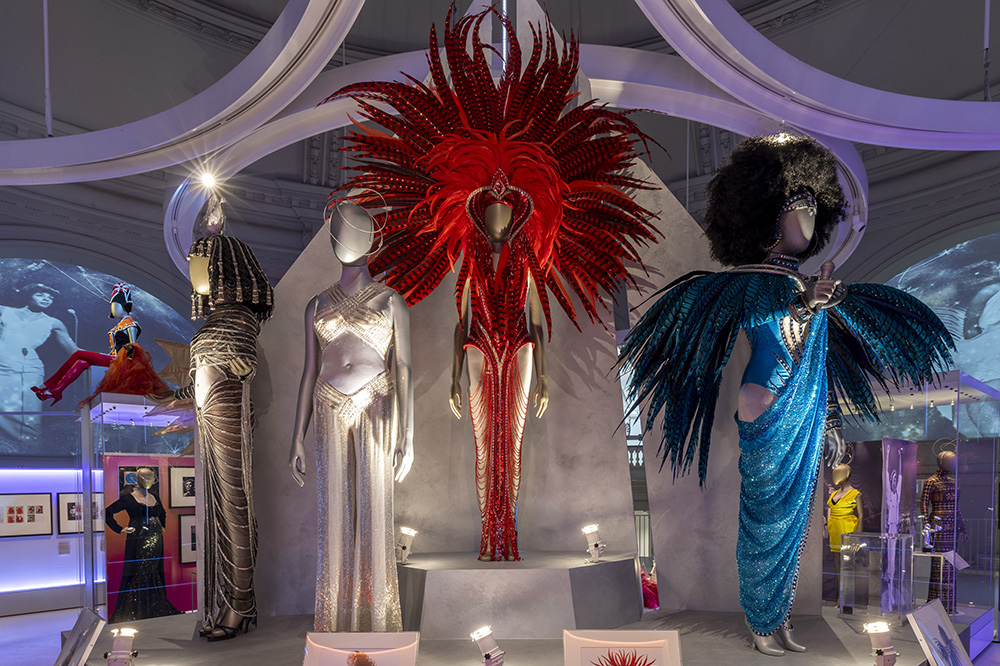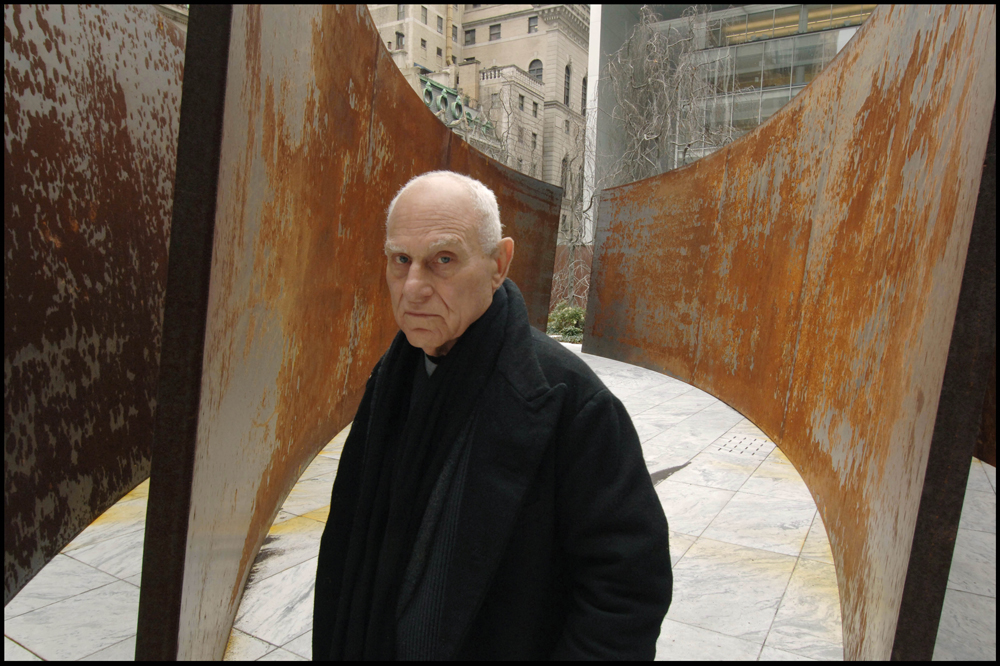The deputy leader of Westminster City Council, Melvyn Caplan, has resigned, as it emerges that the Conservative councillor’s project to build a 25-metre-high artificial hill in central London had almost doubled in cost. Total costs for the Marble Arch Mound, designed by Rotterdam-based architects MVRDV, now stand at £6m – up from an original forecast of £3.3m. It has been a bumpy start for the attraction, which closed only two days after opening in late July, with the council acknowledging that the site – described by one visitor as ‘the worst thing I’ve ever done in London’ – was ‘not ready’ and issuing refunds to all ticket-holders. It has now reopened although entry remains free for the month of August. In a statement, council leader Rachael Robathan said that a ‘thorough internal review’ had been instigated ‘to understand what went wrong and ensure it never happens again’.
Mark Ball has been appointed as artistic director of the Southbank Centre. Currently creative director of Manchester International Festival, he will step into his new role at the start of 2022 – more than two years after the departure of the organisation’s previous artistic director, Madani Younis, in October 2019. Also announced this week was the appointment of David E. Little, who currently heads up the Mead Art Museum at Amherst College in Massachusetts, as executive director of the International Center of Photography in New York. And in London, the director of the Institute of Contemporary Arts, Stefan Kalmár, has announced that he is resigning after five years at the helm. ‘Directorships should never be for life,’ Kalmár said. ‘Fixed tenures should be the norm not the exception.’
Former Louvre director Michel Laclotte has died at the age of 92. Laclotte, a specialist in French and Italian paintings of the 14th and 15th centuries, led the museum in Paris from 1987 until his retirement in 1994. During this period he played a key role in the major modernisation programme known as the Grand Louvre project, and was a staunch defender of the project’s then-controversial centrepiece: I.M. Pei’s glass pyramid, which opened to the public in 1989. The French minister of culture Roselyne Bachelot paid tribute to Laclotte, who was also a collector and patron of museums, as ‘an essential figure in the world of museums and art history’.
Unlimited access from just $16 every 3 months
Subscribe to get unlimited and exclusive access to the top art stories, interviews and exhibition reviews.

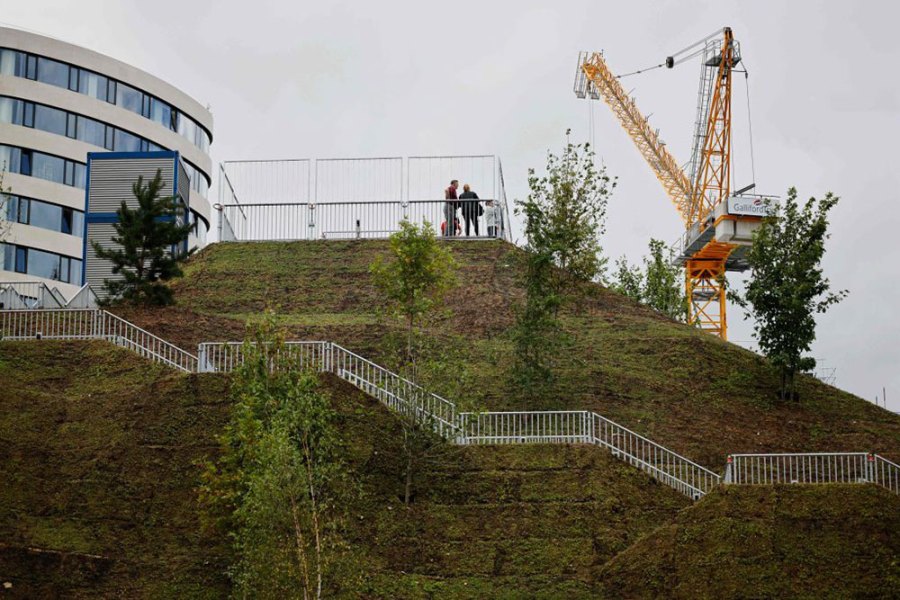
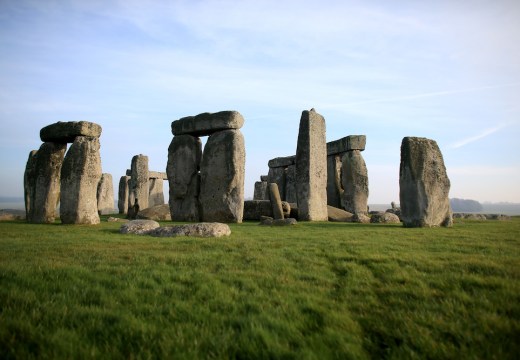
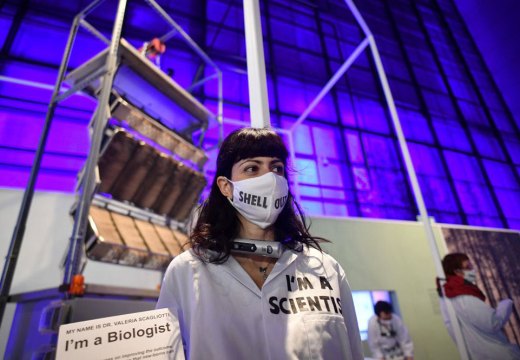
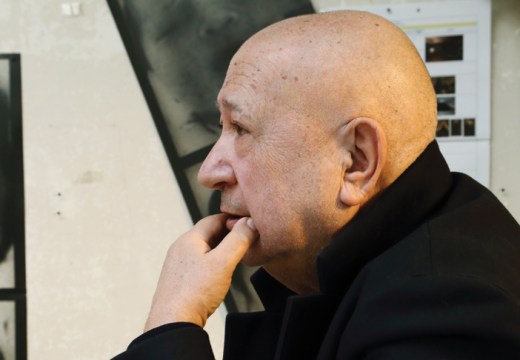
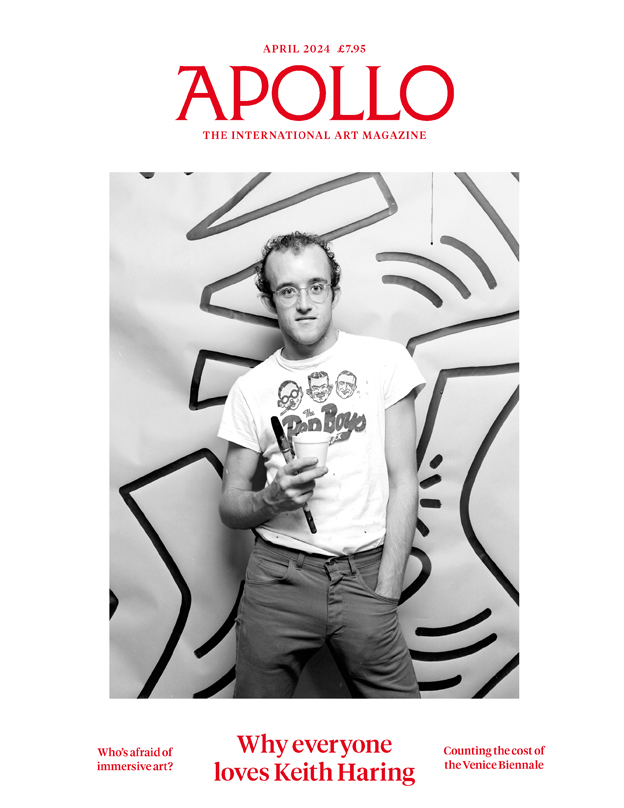

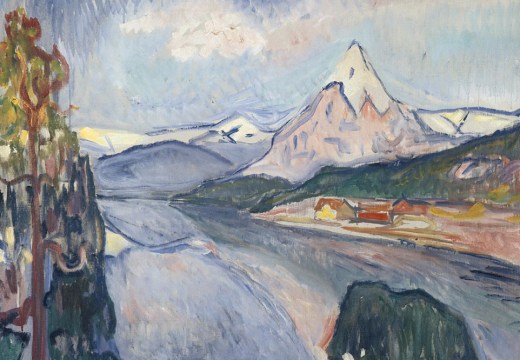
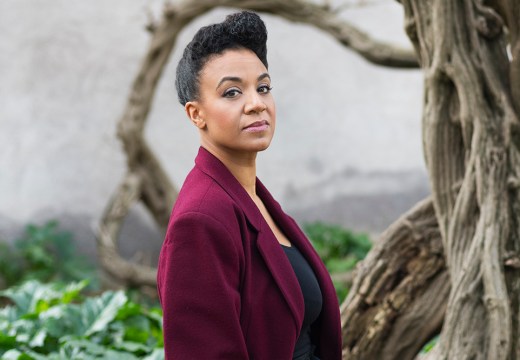
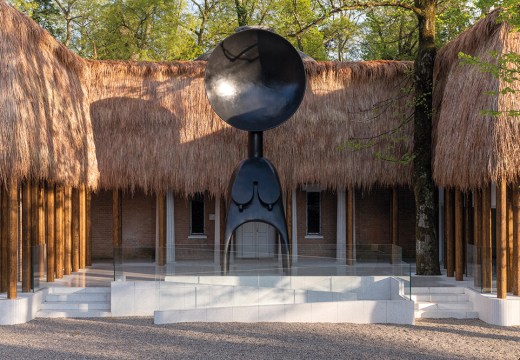
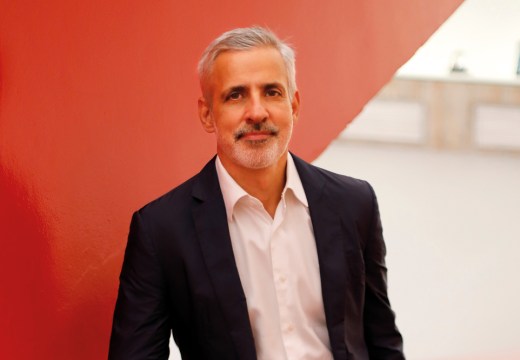
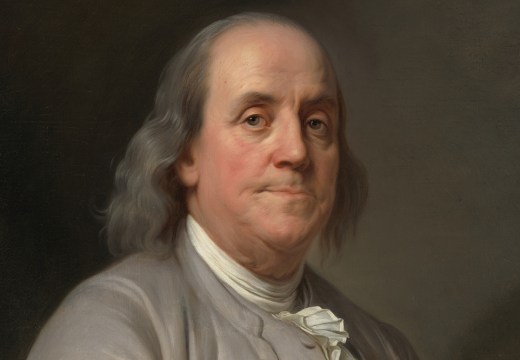
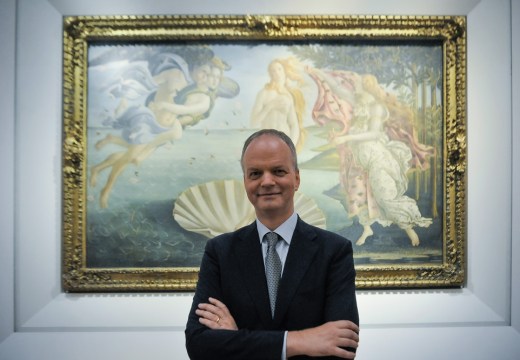
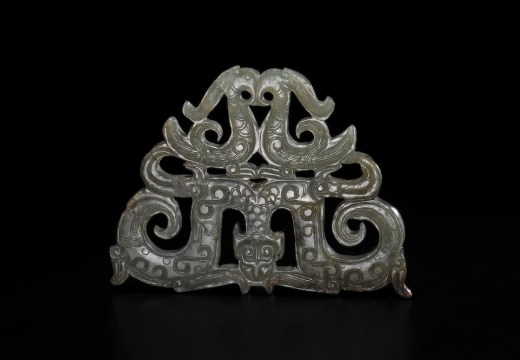
![Masterpiece [Re]discovery 2022. Photo: Ben Fisher Photography, courtesy of Masterpiece London](http://www.apollo-magazine.com/wp-content/uploads/2022/07/MPL2022_4263.jpg)
